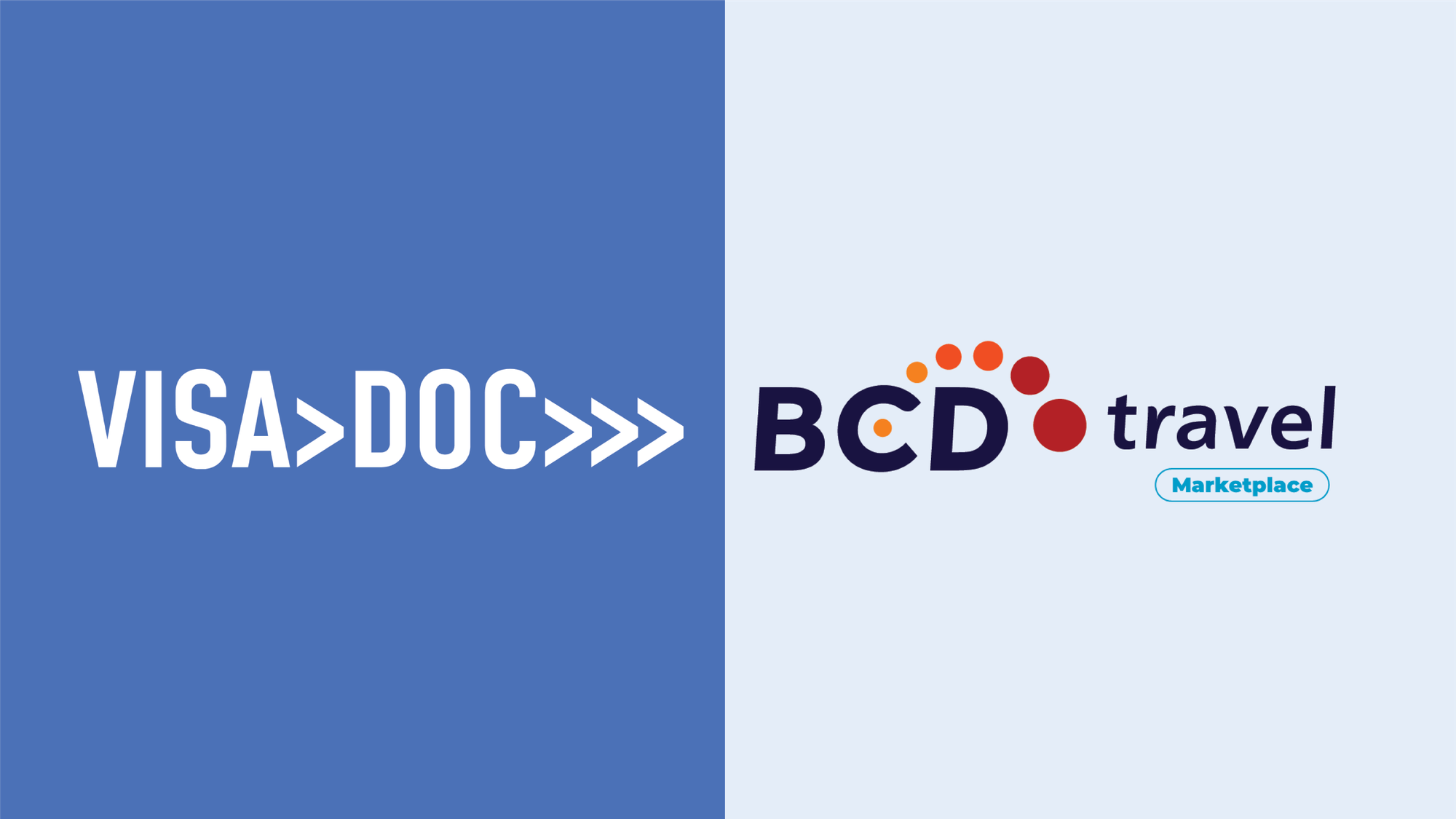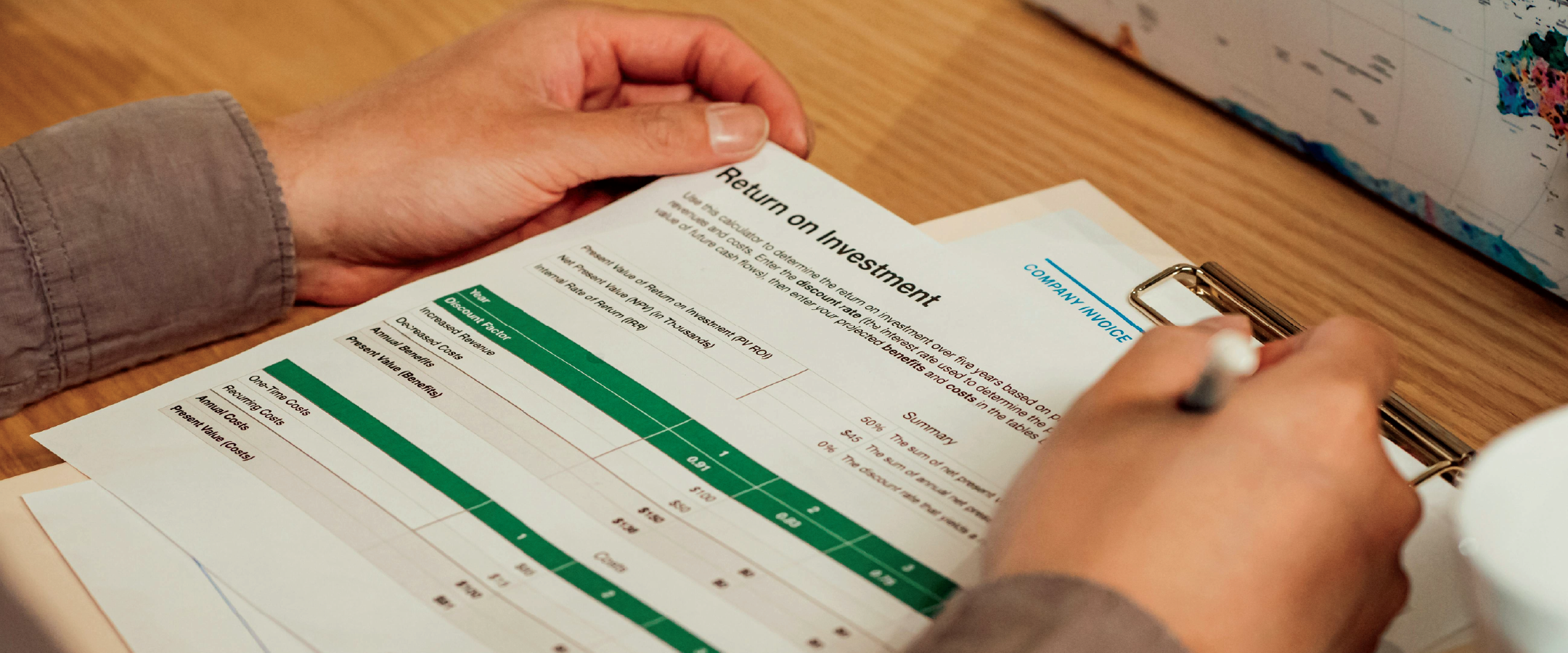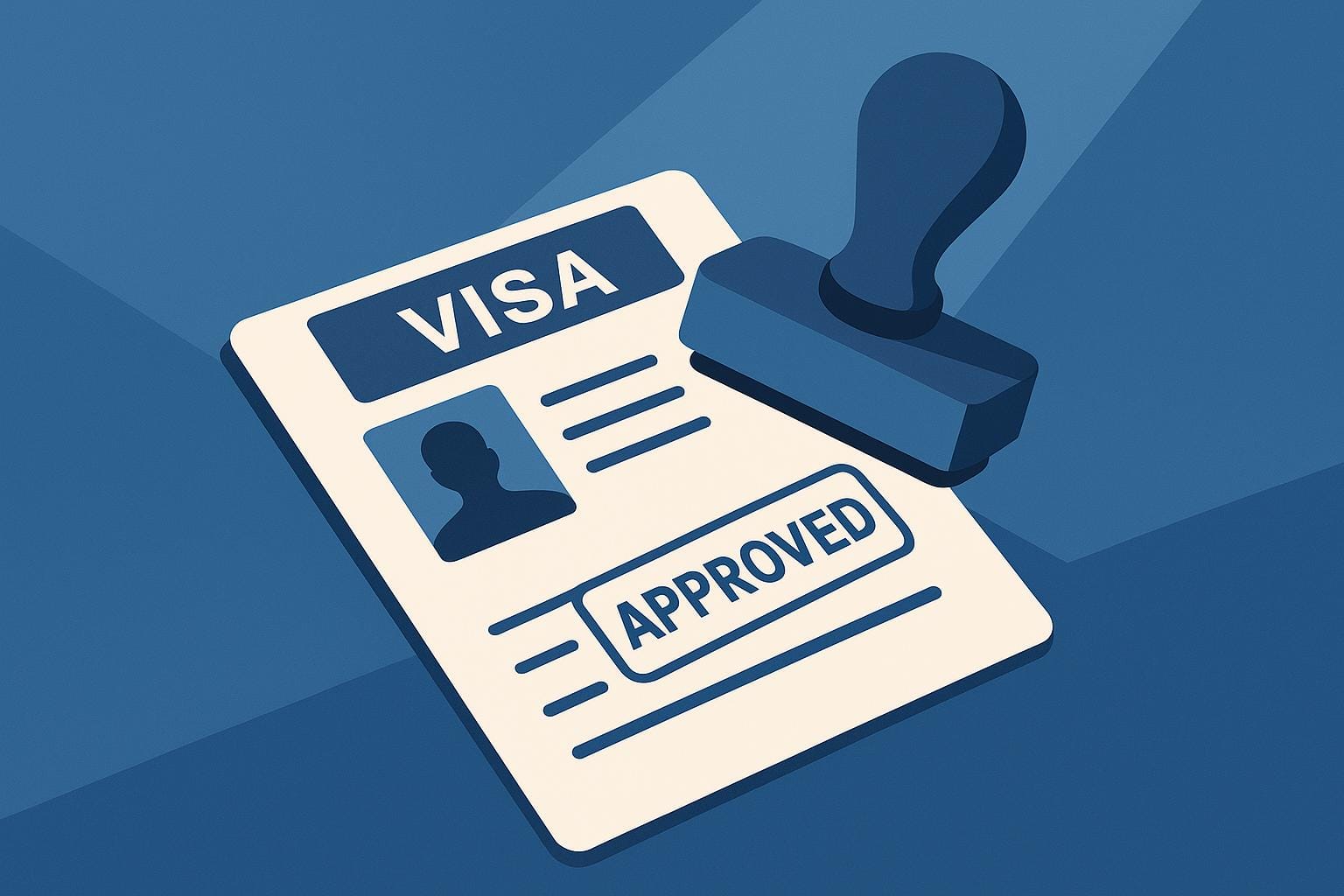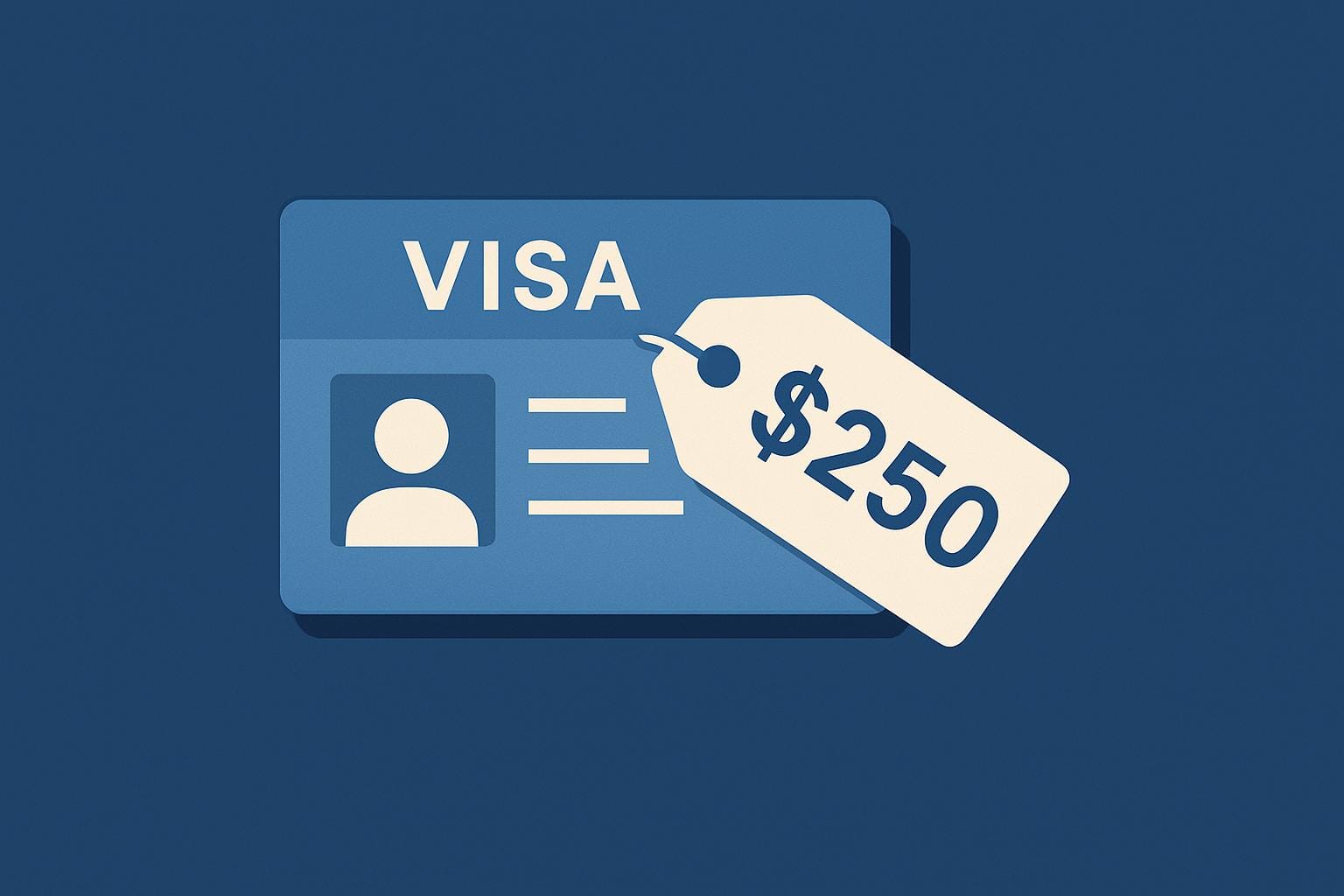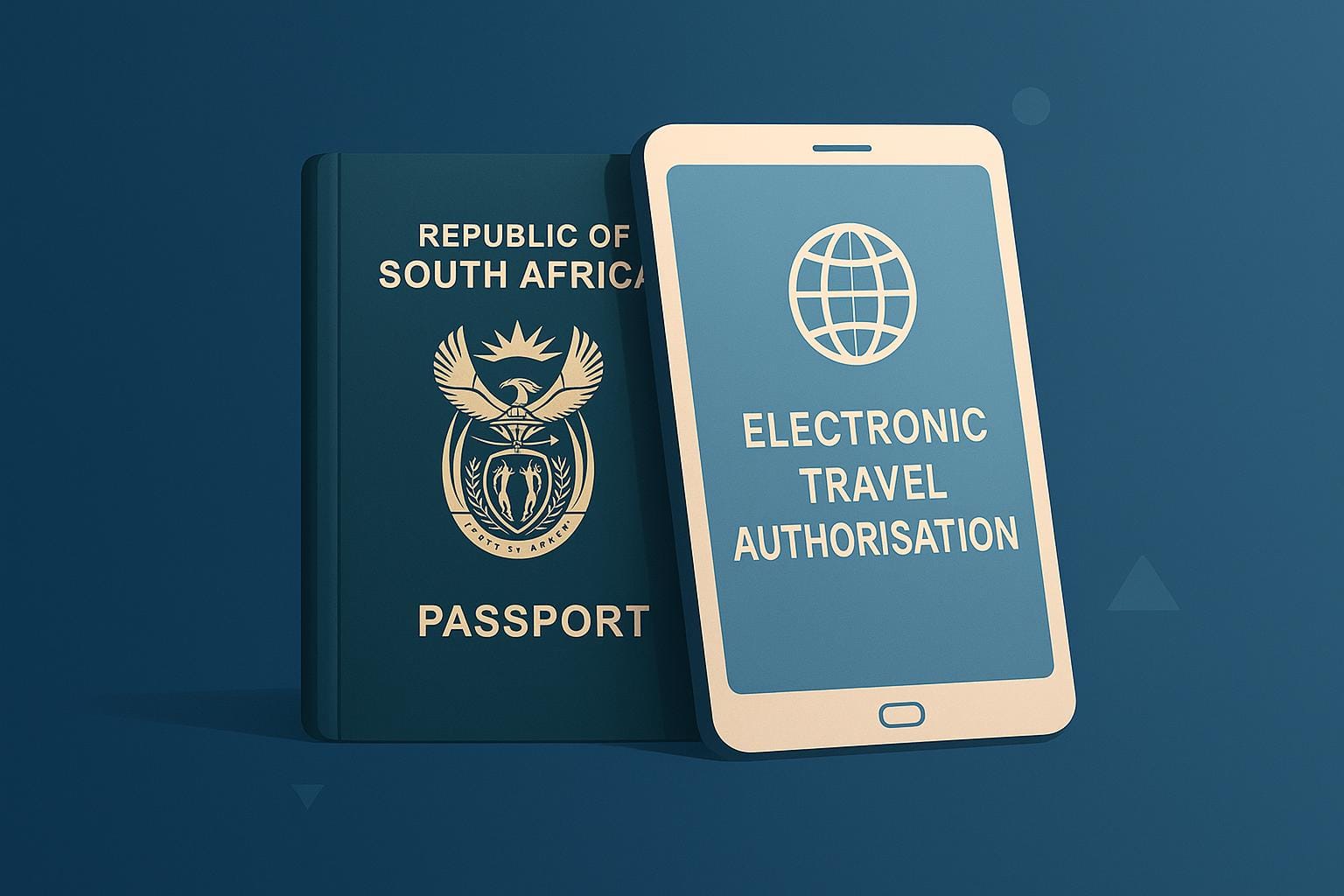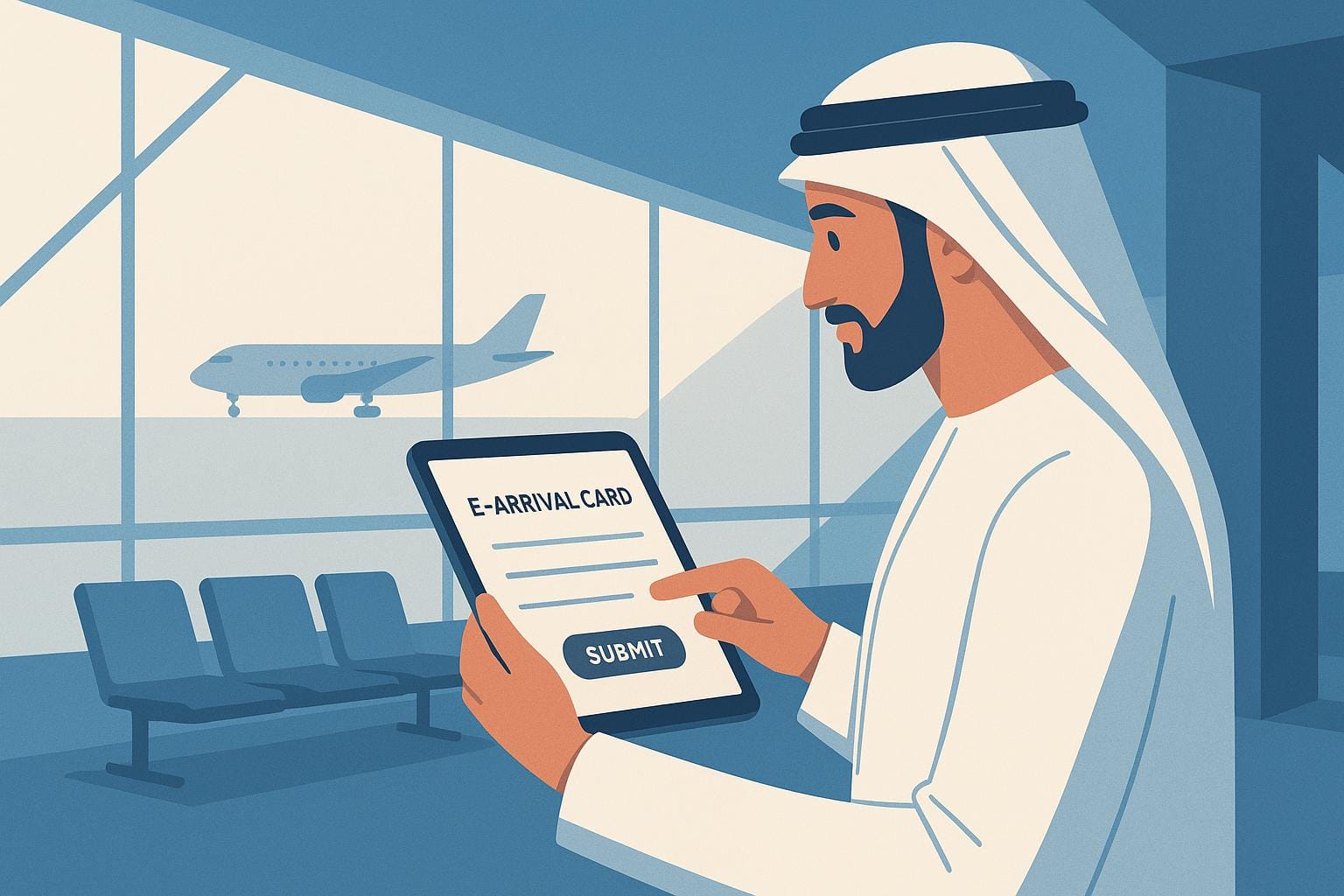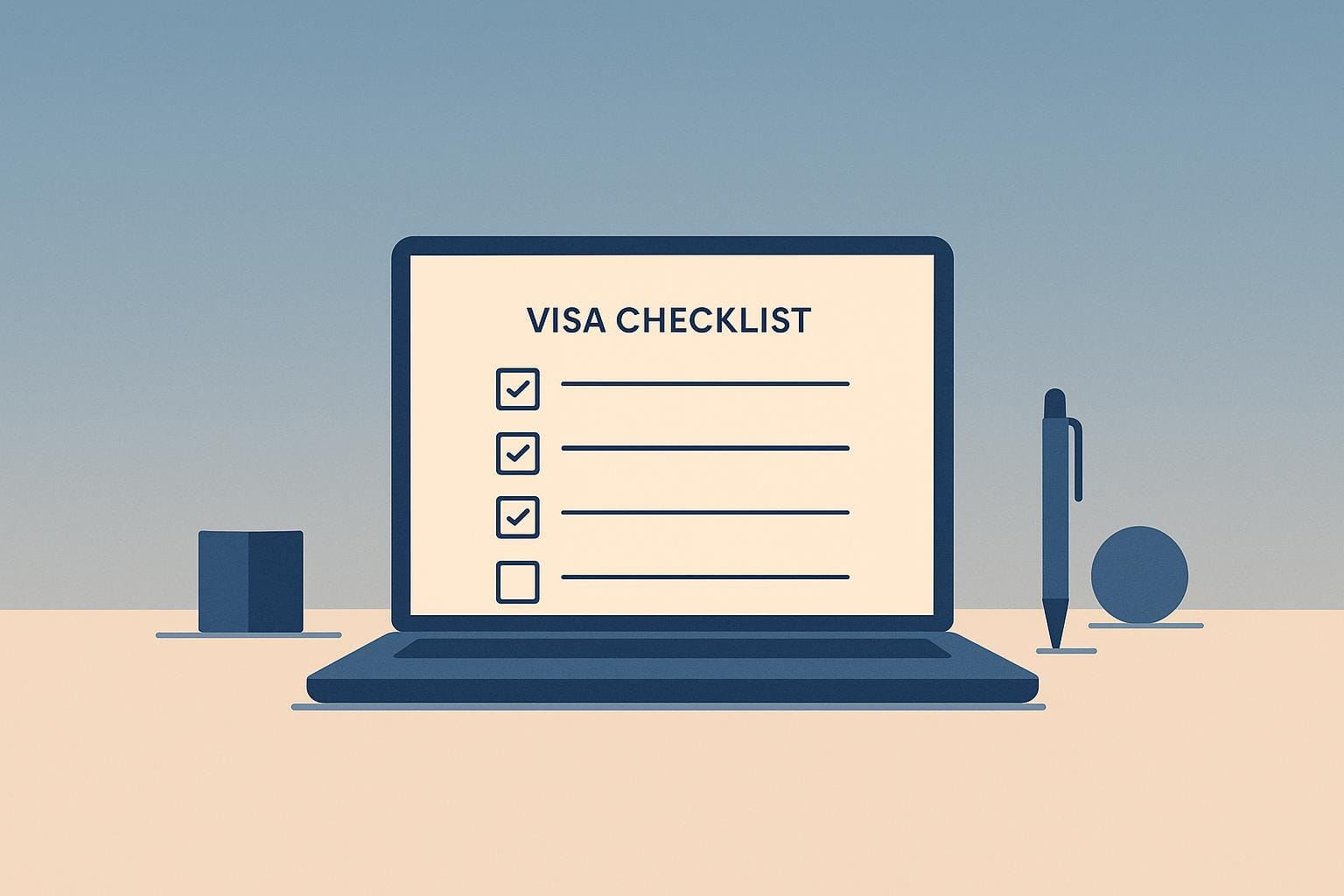If you're a non-EU national planning a factory assessment trip to Bulgaria, securing the correct visa is essential. Bulgaria, now part of the Schengen Area as of January 2025, has specific rules for business travellers. Here's what you need to know:
- Visa Types: Short-term Schengen (C visa) for stays up to 90 days or Long-stay (D visa) for visits over 90 days.
- Key Documents: Passport, application form, travel insurance, financial proof, business invitation, and accommodation details.
- Processing Time: Up to 15 working days, so plan early.
- Work Permits: Required for extended stays, initiated by the Bulgarian employer.
- ETIAS: From mid-2025, travellers from visa-exempt countries must apply for ETIAS authorisation.
Non-compliance can result in penalties, deportation, or re-entry bans, so thorough preparation is vital. For smoother visa management, platforms like VisaDoc offer automation and tracking tools, reducing administrative burdens for HR teams. Stay informed and organised to ensure a hassle-free trip.
Eligibility and Required Documents for Business Visas
Who Can Apply
Factory assessment teams planning to visit Bulgaria must meet specific eligibility requirements before applying for a business visa. Non-EU nationals need both a long-stay visa (Visa D) and a work permit to legally work and reside in Bulgaria. The Bulgarian employer is responsible for initiating the work permit process, which involves proving the absence of suitable local candidates and offering competitive compensation in line with local standards. Additionally, valid travel insurance is required to cover the entire duration of the stay.
Required Documents
To avoid delays, ensure all required documents are accurate and complete. Commonly needed documents include:
| Document | Details |
|---|---|
| Completed application form | Must be in English or Bulgarian |
| Passport | Valid for at least three months beyond your departure date |
| Photographs | Two recent coloured passport-sized photos |
| Passport copy | Copies of the first and last pages of your passport |
| Flight reservation | Proof of a round-trip booking or detailed travel itinerary |
| Travel medical insurance | Coverage for the full duration of your visit |
| Accommodation proof | Evidence of lodging arrangements in Bulgaria |
| Bank statements | Proof of sufficient funds for your stay |
| Business invitation letter | A formal letter outlining the purpose of your visit |
| Company registration document | Proof of the employer's legal registration |
Bank statements should clearly demonstrate that you have enough funds to cover your stay. While a business invitation letter is typically required, factory assessment teams are encouraged to include specific details about the manufacturing facilities they plan to evaluate and the intended duration of their visit.
Visa requirements can vary slightly depending on the consulate or jurisdiction. It’s a good idea to contact the relevant Bulgarian consulate for precise guidance. Visa fees also differ based on the type: short-stay visas typically cost around €60, while long-term visas range from €100 to €150, depending on the country of application.
Rules for EU/EEA/Swiss Citizens
Citizens of EU/EEA countries and Switzerland benefit from visa-free travel to Bulgaria. They can enter and exit the country using a valid ID card or passport. For short stays of up to three months, no additional documentation is necessary. However, for extended stays of up to five years or for those seeking permanent residence, EU citizens and their family members must apply for a certificate of residence within three months of entering the country.
Family members of EU citizens enjoy simplified procedures. They need only indicate their relationship to the EU citizen on the visa application form. Unlike other foreign nationals, EU/EEA and Swiss citizens are not required to declare the purpose of their stay or provide accommodation details when entering Bulgaria.
How to Apply for a Bulgarian Business Visa
Before You Apply
Getting a Bulgarian business visa requires careful preparation to avoid delays or issues with your application. Start early and ensure all your documents are in order.
The first step is to determine the type of visa you need. If your visit is short - up to 90 days within a 180-day period - you’ll likely need a Schengen C visa. However, for longer stays exceeding 90 days, such as extended factory evaluations, you’ll require a long-stay D visa. The type of visa you apply for will dictate where and how to submit your application.
Visit the official Bulgarian Embassy website to download the correct application form. Make sure to fill it out clearly, using typed letters. Your name must appear in Latin letters exactly as it does in your passport, and the rest of the form should be completed in either English or Bulgarian. Even small errors can lead to delays, so double-check everything.
Next, confirm the consulate that has jurisdiction over your area. Contact the relevant office via phone or email to verify the latest requirements, as these can change unexpectedly.
All documents must meet Bulgarian standards. If any of your documents are not in English or Bulgarian, you’ll need to get certified translations. Your business invitation letter should clearly outline the purpose of your visit, the manufacturing facilities you’ll be assessing, and the duration of your stay.
Once you’ve gathered all the necessary documents, you’re ready to move on to the submission process.
Submitting Your Application
When it’s time to submit your application, the process will depend on your visa type.
For Schengen C visas, applications are generally submitted through a Bulgarian Visa Application Centre or directly at the Bulgarian consulate in the UK. If you’re applying for a long-stay D visa, you’ll need to schedule an appointment and submit your application in person at the appropriate Bulgarian consulate.
Applications can be submitted up to six months before your planned travel date. On the day of your appointment, bring both original documents and copies, provide biometric data (fingerprints and a digital photograph), and be ready to discuss your factory assessment plans with the consular officer.
Each team member must submit an individual application, so coordinating appointments can help streamline the process.
Visa fees vary depending on the type of visa, and they must be paid in the local currency. Check with your consulate for the most up-to-date fee details when booking your appointment.
Processing Times and Group Applications
For long-stay D visas, processing times have improved significantly. As of August 2022, the timeline has been reduced to 15 calendar days from the previous 60 days. However, depending on your circumstances and the complexity of your application, processing can still take anywhere from 15 to 45 business days.
If you need a work permit for an extended stay, factor in an additional 10 to 30 days for approval after submitting your visa application.
For factory assessment teams, submitting all applications at the same time can help ensure consistent processing times. This avoids situations where some team members receive their visas while others are left waiting.
You can track your application status through the consulate’s tracking system. Keep copies of all your submitted documents and receipts for reference during the process.
Looking ahead, note that starting in mid-2025, travellers from visa-exempt countries will need to apply for travel authorisation through the European Travel Information and Authorisation System (ETIAS) to enter Bulgaria and most other European countries. This new requirement could affect future business travel plans.
If you experience any delays, contact the consulate as soon as possible to resolve any issues before they cause further setbacks.
Using VisaDoc for Visa Management

Simplify the process of managing Bulgarian business visas with VisaDoc, a cloud-based platform designed to make handling visas smoother and less time-consuming. By automating repetitive tasks, VisaDoc lightens the load on HR and legal teams responsible for corporate travel.
Automated Document Processing
VisaDoc takes efficiency up a notch with its automation tools. Its AI-powered document verification ensures that every piece of paperwork is accurate and meets compliance standards before submission. On top of that, automated reminders help you stay on top of deadlines, so nothing slips through the cracks.
Connecting with Your Existing Systems
VisaDoc integrates effortlessly with your current corporate tools, including platforms like Microsoft Office and identity verification systems. If your company already uses an HR platform, VisaDoc can automatically pull employee data to fill out visa application forms, eliminating the need for manual data entry and reducing errors.
The platform also connects with travel booking systems, making it easy to synchronise visa applications with flight and accommodation arrangements. A dedicated client portal allows team members to upload documents, track application progress, and receive updates automatically. This significantly reduces the administrative workload for HR teams and offers a clear advantage over manual processes, as outlined below.
Manual Processing vs VisaDoc Comparison
When you compare traditional methods to VisaDoc, the benefits become clear:
| Aspect | Manual Processing | VisaDoc Platform |
|---|---|---|
| Document Verification | Relies on manual checks, prone to errors | AI-powered checks ensure compliance |
| Application Tracking | Managed via spreadsheets or email chains | Real-time tracking with automated updates |
| Team Coordination | Requires constant individual follow-ups | Central dashboard for all application statuses |
| Compliance Monitoring | Deadlines tracked manually, increasing risk of oversight | Automated alerts for key dates and renewals |
| Document Storage | Physical files or disorganised digital folders | Cloud-based storage for quick and easy access |
VisaDoc also allows you to tailor workflows to your specific requirements. Whether you need extra approval steps or specific documentation for manufacturing partnerships, the platform adapts to your needs. Once set up, templates and workflows can be reused for future trips, saving time and ensuring consistency in the process.
Travel Tips for Factory Assessment Teams in Bulgaria
To ensure a productive factory assessment in Bulgaria, it's essential to go beyond securing the right visas. Familiarity with local business customs, careful logistical planning, and effective financial management are key to a successful trip.
Bulgarian Business Customs
Understanding Bulgaria's business etiquette can make a significant difference during factory visits. Punctuality is highly valued - always arrive on time for meetings, though it's not unusual for Bulgarian counterparts to run a bit late.
The greeting process is quite formal. Start and end meetings with a firm handshake, and depending on the nature of your relationship, this might also include a kiss on the cheek. Business cards are exchanged immediately upon meeting.
Dress codes in Bulgaria's industrial sector are formal. Men should wear suits, and women are expected to dress professionally. This demonstrates respect for local partners and the importance of the assessment work. Communication is often direct, so be prepared for candid feedback about manufacturing processes and quality standards.
One unique aspect of Bulgarian non-verbal communication can be confusing for UK teams: a head shake means "yes", while a nod means "no." This reversal of gestures can lead to misunderstandings if you're not aware of it. Additionally, professional relationships in Bulgaria are built on reciprocity. If a factory manager goes out of their way to assist or provide extra access, it's polite to return the favour in future dealings.
Timing your visit is also important. Avoid scheduling assessments in July and August, as many manufacturers take extended holidays during these months. Once you're familiar with these customs, the next step is to plan your travel arrangements.
Transport, Hotels, and Travel Planning
After grasping the local business culture, it's time to focus on logistics. Bulgaria's location in Southeast Europe makes it a convenient hub for factory tours across neighbouring countries like Romania, Serbia, and Greece. The country’s infrastructure supports easy travel between these regions, making it ideal for multi-country assessments.
Bulgaria's main international airports are in Sofia (the primary hub), Plovdiv, and Varna. Sofia offers frequent direct flights from the UK, while Varna is a practical choice for assessments along the coast. The transport network includes well-connected roads, railways, and Black Sea ports in Varna and Burgas, which are particularly useful for teams evaluating maritime logistics or port-based operations.
When choosing accommodation, it's best to stay near industrial areas rather than tourist hubs. Sofia has international hotel chains that meet UK business standards, but booking early is crucial, especially during peak manufacturing seasons when demand for rooms rises. For multi-location visits, consider using local business travel coordinators who can handle transportation, hotel bookings, and other logistics, freeing up your team to focus on the assessment itself.
Money and Measurements
Financial planning and understanding measurement systems are just as important as cultural and logistical preparation. Bulgaria's official currency is the Bulgarian Lev (BGN). As of 19 July 2025, £1 equals approximately 2.25 BGN, with minor fluctuations over the past month.
Using a multi-currency card is a smart way to manage expenses and avoid high conversion fees. Always opt to pay in Bulgarian Leva rather than converting to pounds, as this helps you sidestep dynamic currency conversion charges. Banknotes and coins come in standard denominations, making everyday transactions straightforward. Online tools like Wise or Xe.com are helpful for tracking exchange rates and managing budgets.
Bulgaria operates entirely on the metric system, so expect measurements in millimetres, metres, and kilometres for length; square millimetres, square metres, and so on for area; and millilitres or litres for volume. Temperature is measured in Celsius, so UK teams accustomed to Fahrenheit should prepare conversion tools for technical discussions.
Budgeting should include costs for business meals, local transport between sites, and any shipping fees for equipment or samples. With the exchange rate remaining relatively stable (ranging from 0.4452 to 0.4285 over 90 days), long-term financial planning is straightforward.
Summary: Managing Bulgarian Business Visas Effectively
Handling Bulgarian business visas for factory assessment teams requires careful planning to ensure compliance, streamline processes, and manage costs. Non-EU/EEA/Swiss nationals must secure proper work permits, with employers typically initiating the application while employees provide the necessary documents to support it.
The costs involved include approximately £147 for work permit applications, Visa D fees ranging from £44 to £100, and residence permit processing fees between £129 and £256. Consulting legal experts on Bulgarian labour market tests and role justification can help navigate these requirements more effectively.
To simplify these challenges, VisaDoc offers an automated solution. This platform, introduced in February 2025, uses AI-driven document verification and automated error detection to streamline visa processing tasks. For HR and legal teams managing multiple factory assessments, this tool can be especially helpful when handling group applications or coordinating visits to different manufacturing sites. However, automation is just one piece of the puzzle - teams must also stay informed about broader regulatory requirements.
Compliance with Bulgarian labour laws, GDPR, and tax rules tied to Permanent Establishment obligations is crucial. For longer assessments, maintaining detailed documentation and establishing clear reporting channels is essential to ensure smooth operations.
FAQs
What is the difference between a Schengen C visa and a Bulgarian long-stay D visa for business travel?
The Schengen C visa is perfect for short visits of up to 90 days within a 180-day window. It allows seamless travel across Schengen countries, including Bulgaria, making it a great option for activities like business meetings or attending conferences.
On the other hand, the Bulgarian long-stay D visa is specifically for those planning to stay in Bulgaria for an extended period, typically between 6 and 12 months. This visa suits business professionals working on long-term projects, conducting factory evaluations, or engaging in activities that require temporary residence in the country.
While the Schengen C visa offers the flexibility to travel across multiple Schengen states, the D visa is tailored for individuals with a dedicated focus on Bulgaria’s business or industrial opportunities.
What documents do factory assessment teams need to prepare for a smooth Bulgarian business visa application process?
To make the Bulgarian business visa application process as smooth as possible, factory assessment teams should have the following documents ready:
- A fully completed visa application form.
- A valid passport with at least six months remaining from the planned travel date.
- Recent passport-sized photos that meet the required specifications.
- A reference letter issued by the Bulgarian Chamber of Commerce or Industry.
- Proof of accommodation, such as confirmed hotel reservations or a letter from your host.
- Evidence of sufficient funds, such as recent bank statements or a financial guarantee from your company.
- Any necessary work permits or an official invitation letter from the Bulgarian organisation hosting your visit.
Taking the time to double-check that all documents meet the Bulgarian embassy's standards can save you from unnecessary setbacks. Starting the application process early is always a smart move to ensure everything is in order before your travel dates.
What should factory assessment teams know about cultural and logistical factors when visiting Bulgaria?
When visiting Bulgaria for factory assessments, it's important to understand the country's business etiquette and social norms to ensure smooth interactions. For example, punctuality is highly regarded, so arriving on time is a must. During meetings, aim to strike a balance between professionalism and respect. While English is widely used in business circles, learning a few simple Bulgarian phrases can make a lasting, positive impression.
On the logistical side, Bulgaria has a network of motorways and railways that make travel between major cities straightforward. However, journeys to rural areas might take longer, so it’s wise to account for extra time. Also, check for local holidays and work schedules to avoid any unexpected interruptions. Paying attention to these details can make your visit more efficient and productive.
Related Blog Posts
- China Business Visa 2025: Latest Requirements and Application Tips
- Schengen Quick Entry: 72-Hour Business Meeting Visa Options for Urgent Corporate Travel
- Hungary's Business Meeting Visa for Manufacturing Sector Joint Ventures
- Kazakhstan's Energy Sector Business Meeting Visa: Documentation for Corporate Negotiations




